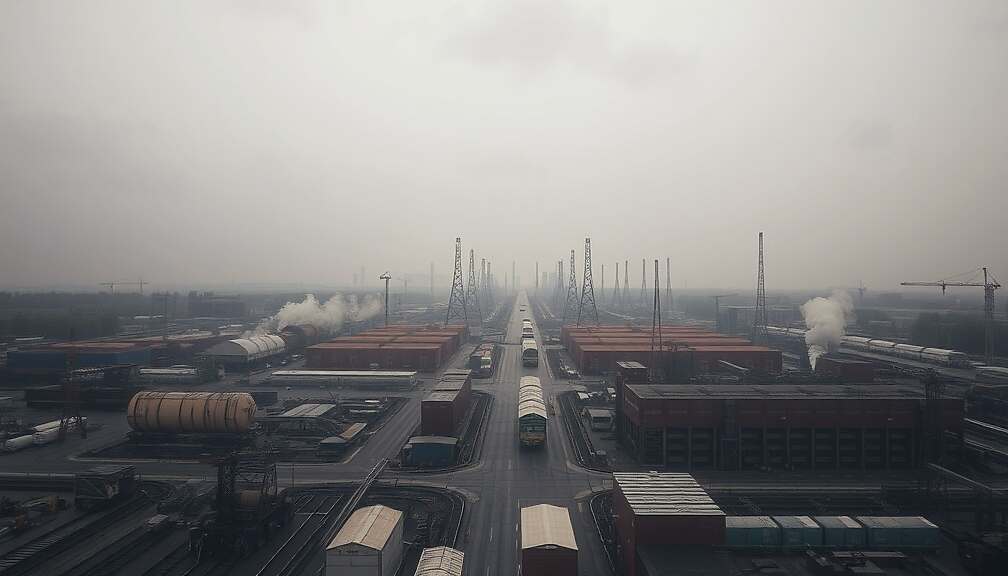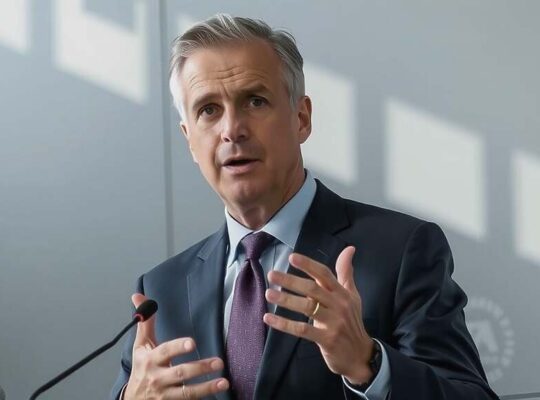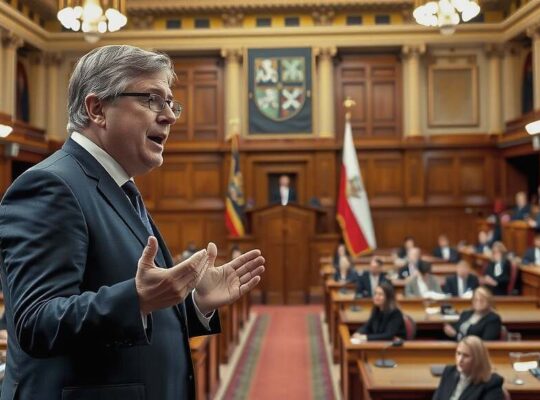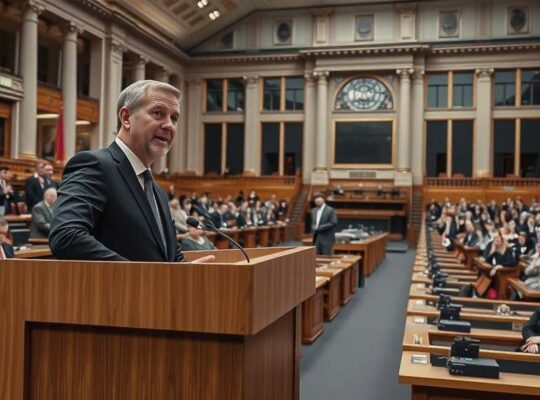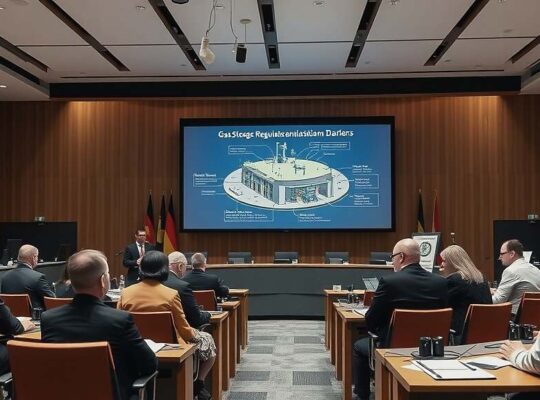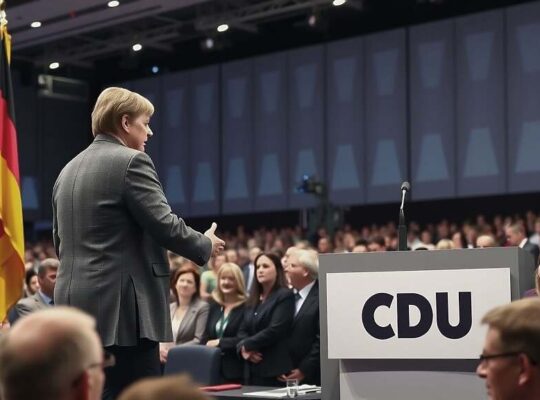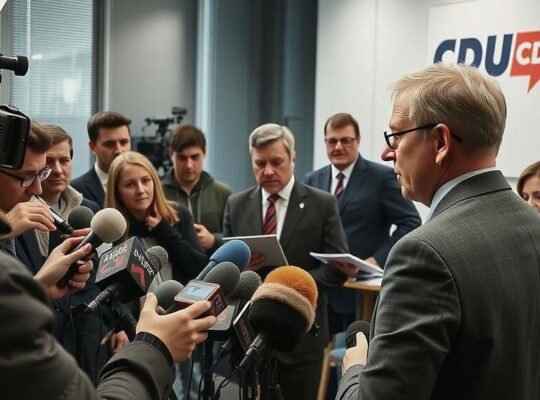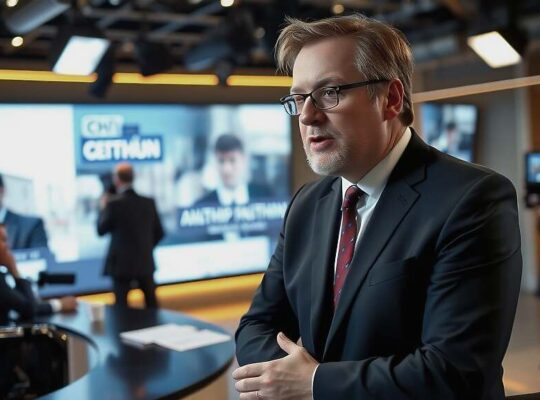The debate surrounding future energy supplies from Russia has been sharply condemned as a “deceptive discussion” by Jan van Aken, leader of the Left Party (Die Linke). His criticism directly targets the recent comments from Saxony’s Minister-President Michael Kretschmer (CDU) advocating for a potential return to Russian energy imports following a ceasefire in Ukraine.
Van Aken’s remarks highlight the uncomfortable reality of continued financial flows to Russia despite stringent international sanctions. He pointed out that the German state-owned energy company, Sefe – formerly Gazprom Germany and nationalized in 2022 following the Russian invasion of Ukraine – procured over five billion cubic meters of liquefied natural gas from Russia last year alone. This transaction, he asserts, funneled hundreds of millions of euros directly into the coffers of President Vladimir Putin.
“The federal government must now exit these gagging agreements with Russia and compel Sefe to immediately cease its shady dealings” Van Aken demanded. His statement underscores a growing tension between Germany’s commitment to sanctions and the ongoing economic dependence on Russian energy, even through state-controlled entities.
Kretschmer’s justification – that Germany and Europe require affordable energy – has drawn considerable backlash, most notably from CDU foreign policy spokesperson Roderich Kiesewetter, who labeled his stance as “counterproductive and a security policy absurdity”. This internal CDU disagreement reflects a wider debate within German political circles regarding the urgency and scope of sanctions against Russia.
Despite a recent agreement amongst EU member states to phase out remaining Russian gas imports by the end of 2027, the substantial volumes procured by Sefe in the past year reveal an ongoing challenge in achieving complete energy independence from Russia. Critics argue that statements like Kretschmer’s, however subtly expressed, risk undermining the EU’s united front against Russian aggression and could inadvertently embolden Putin’s regime, particularly as he continues targeted attacks on civilian populations. The incident reinforces questions about the integrity of Germany’s sanctions policy and the potential for loopholes allowing continued material support for the Kremlin.


